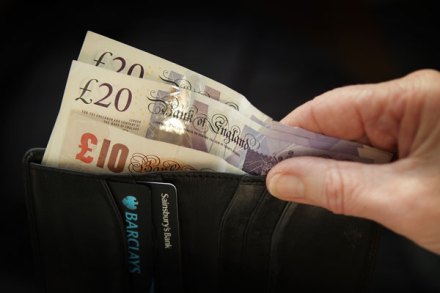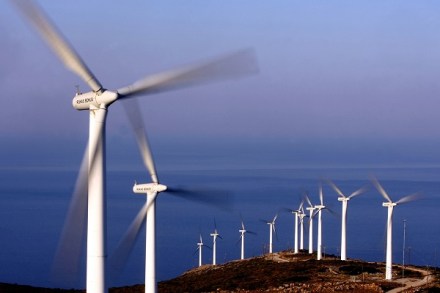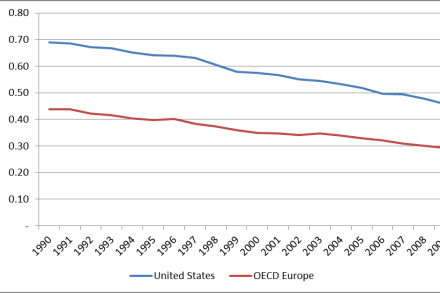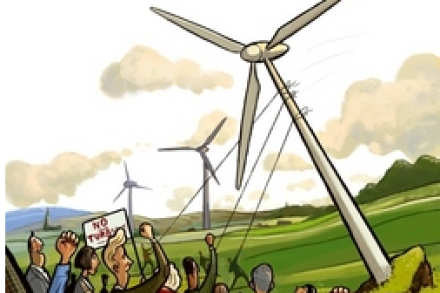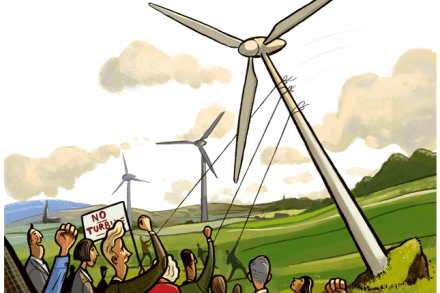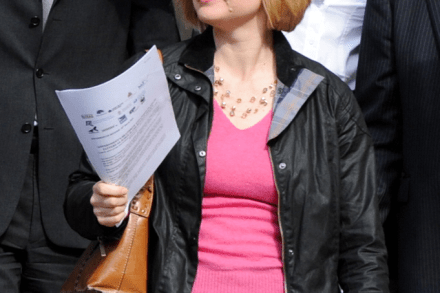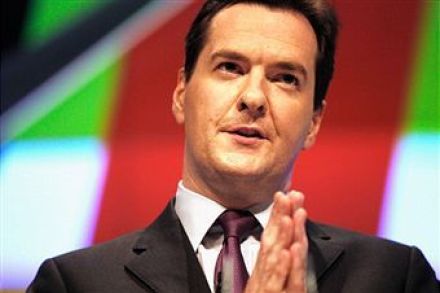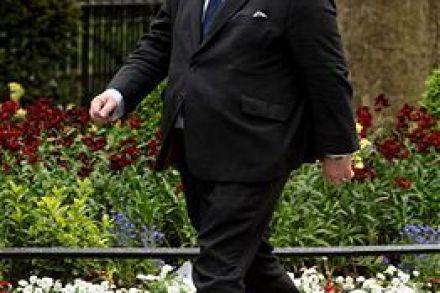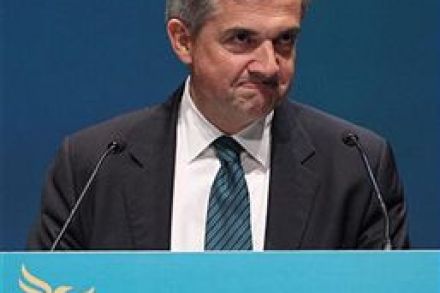End the #endfossilfuelsubsidies subsidy
The European Union has been handing out grants to environmentalist groups since 1997. New research by the Taxpayers’ Alliance today shows just how much the different groups have received. The European Environmental Bureau, an umbrella group for a number of the others who are funded directly, has received nearly €11 million. More familiar names funded under the LIFE+ programme include Friends of the Earth Europe, which has received over €7m million, and the European Policy Office of the World Wildlife Fund, which has received nearly €8 million. The European Union isn’t the only government to hand taxpayers’ money over to the environmentalists. But they are particularly shameless. When DEFRA funds
